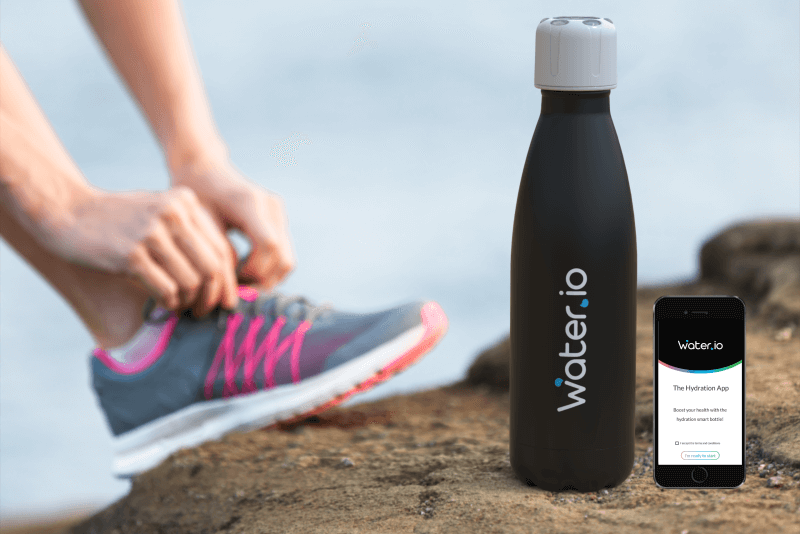The introduction of personalization into the nutritional supplement industry has been one of the greatest advances to the market since the inception of the products. By customizing the application of the products to the consumer, it creates relevancy that increases the customer’s satisfaction with the products and their desire to receive additional information. It’s a true win-win for the industry and consumers alike.
What is Personalization?
Originally, personalization was a marketing technique that stepped away from the traditional method of advertising where the consumer was hammered with endless ads of all types of products. This alienated most users and created an overall consumer dislike for advertising in general. As the technology has evolved and matured, it has become even more important as a method of collecting relevant customer data and using that information to target their personal health needs. The ads are customized toward the user and their specific supplement needs. This increases the relevancy of the ads and creates a much more user-friendly product promotion environment.
Focus on the Consumer
Gartner, a recognized industry leader in marketing research, promotes the effectiveness of targeted, personalized marketing. Research indicates that consumers respond favorably to personalization, noting that the process was less confusing, more informative, time-saving and actually gave them a better deal in the long run. By customizing the ads down to the specific interests of the user, the consumer began to welcome the marketing, allowing it to enhance instead of impairing their purchasing decisions. This kind of focus on the consumer increases the credibility of the market and helps raise expectations of future connections with the supplements.
Clarifying the Market
Because of the vast numbers of supplements and health enhancement products available to the user, narrowing down the offerings based on customer data can clarify the market and reduce the confusion. These targeted efforts help consumers understand the personal benefits and help them achieve their health and wellness goals with relevant products and services. Many companies have specific systems in place to target their customers with relevant information. Here are some examples:
- Persona Nutrition. This company offers 90 different supplements and vitamin products to consumers, which results in more than 5 trillion possible combinations of product. Since health supplements can sometimes interact with prescription medications, Persona Nutrition maintains a database of over 1000 meds and their possible conflicts with health and wellness products. They offer these services free of charge to their customers, to ensure the most effective use of the products and overall successful health status of the user.
- Cures. Utilizing their own patented program called Nutri-Therapy, Curos cultivates customer data from DNA tests and health questionnaires to create a personalized health report for their customers. These reports make intelligent, science-based recommendations regarding the vitamins and supplements that would be of their greatest benefit.
- Vitamin Lab. This company connects data from genetic insight collectors, blood labs, wellness reports and other health care professionals to provide consumers with a unique health care report and a better overall wellness experience.
Assembling the Data
The key to personalization is customer data processing. Retrieving the data is the first step to enhanced marketing. Then, if processed properly, the results can increase the effectiveness of the marketplace exponentially and create an even bigger appreciation for the entire health supplements industry. There are many avenues available to collect customer data, and forward-thinking companies will likely find their comfortable niche in the data collection processes with a little trial and error.
Overall Benefits
The benefits of personalization from customer data are overwhelming. As an industry, it is imperative that the markets continue to move ahead with this improved technology, to enhance the experiences for both the consumer and the providers alike. Personalization connects the consumers with the products that apply directly to their health and wellness situations and provides better information and increased satisfaction overall in the industry. It truly is a win-win for everyone and a healthy business decision for all.





